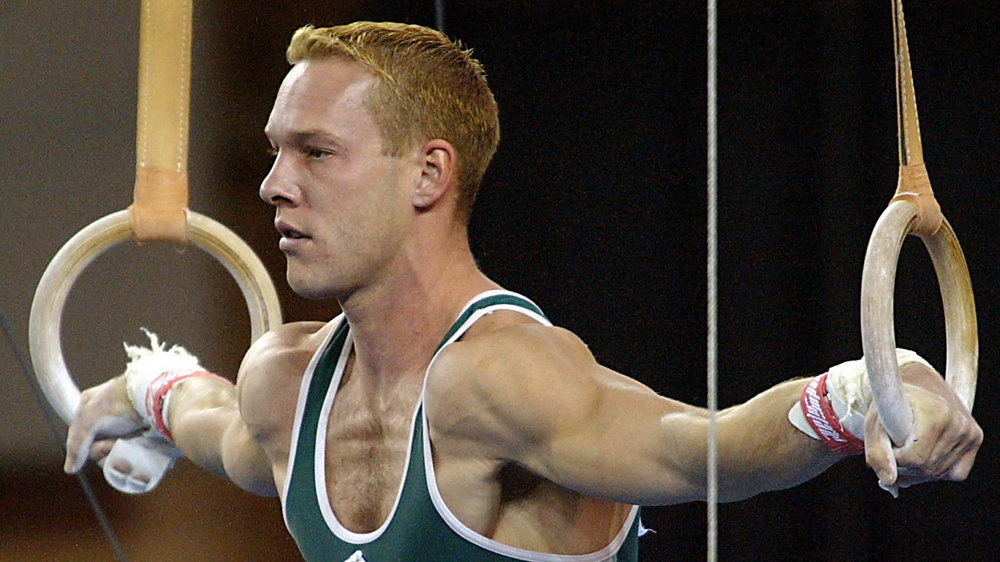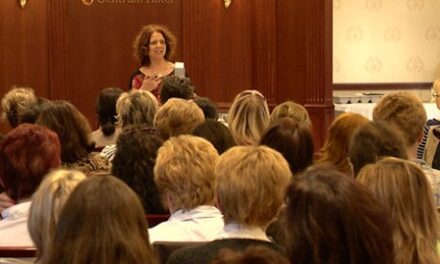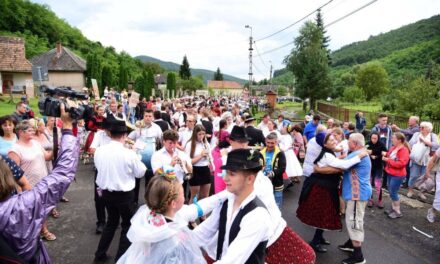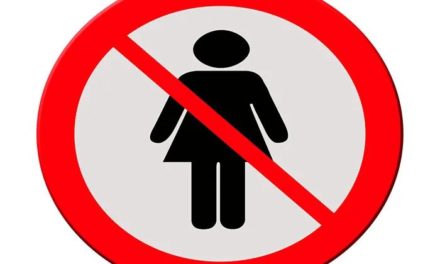Szilveszter Csollány, an Olympic, world and European champion gymnast, died on Monday at the age of fifty-one.
The former star of the ring was hospitalized at the beginning of December due to an illness caused by a coronavirus infection. The news of his death was announced by the Hungarian Gymnastics Association (MATSZ) and the Hungarian Olympic Committee (MOB). The latter considers the legendary athlete to be his own dead.
Csollány was born on April 13, 1970 in Sopron. Thanks to his above-average physical abilities and learning ability, he got to know gymnastics when he was five years old, in Győr. When he would have followed his brother and wanted to play football instead, his mother and coach convinced him to continue, and the fact that he had success in competitions at a very young age also mattered a lot.
He moved to the capital in 1986, became an athlete of Újpesti Dózsa, three years later he was included in the adult national team, and in 1990 - after winning medals in age group competitions - he was able to stand on the podium for the first time in the international adult field, after finishing third at the European Championships.
As a result of his outspoken behavior, he was banned in 1993 after his disputes with the managers, and due to his disciplinary punishment, he was not allowed to participate in the World Cup, that is, he was excluded from the national team. However, at that time he was already a World Championship silver medalist and a two-time European Championship bronze medalist, and he finished sixth on the ring at the Barcelona Olympics.
He then moved to the United States and taught young people first in St. Louis and then in Sacramento. He worked under difficult conditions, and meanwhile he was preparing for the five-ring games in Atlanta alone, without a coach. He changed and won a silver medal as a disciplined man.
A year later, he moved home, and in Sydney he competed extremely consciously and confidently, and his spectacular practice in memorable conditions earned him an Olympic gold medal.
At the world competitions, he only won medals in the ring, which is why many people today remember him as a drug specialist, even though this was not possible at the time.
His success story was completed by winning the 2002 World Championships in Debrecen, so the following year he retired after winning one Olympic gold and silver, one World Championship gold and five silver medals, and one European Championship gold, one silver and four bronze medals, because he was satisfied with the continuous dieting, the hard training, and he lacked motivation, since he had achieved everything he wanted.
As a competitor, gymnastics was 100% of his life, so he could not study seriously in addition to training, but this was not the main reason he faced difficulties in civilian life. After he started receiving the Olympic life annuity in 2005, they took out a Swiss franc-based, insured loan for their family home, the repayment installment of which skyrocketed after the 2008 global economic crisis. All this did not ruin it, because they did not have to live without it, but it made it extremely difficult for them to live.
It happened that he had several different jobs at the same time. He took on every job, worked in the sports department of a municipality, at a company that manufactures playgrounds, he was a journalist and a physical education teacher in high school, and he worked as a bartender in a pub for a year and a half, but they still had a hard time making ends meet.
He first worked with children in Sopron in 2008, but after his initial success and popularity, his own gymnastics school was made impossible. For two years, between 2011 and 2013, he worked for a club team in Iceland, which he also loved very much, but after two years he returned home due to his wife's homesickness. Csollány then commuted between Sopron and Switzerland for a year and a half, where he also worked as a gymnastics coach, as he later did in Austria.
In the meantime, with the help of the Hungarian association, he came to the Sopron club, but in the end he did not stay there, even though the national team captain praised his activities.
Later, as a full-time father, he took care of the affairs of the four-member family, and in addition, twice a week at the ELTE center in Szombathely, he taught future physical education teachers how to teach gymnastics, as well as floor acrobatics, which he taught at a dance club in Sopron.
"The death of Szilveszter Csollány is a huge loss for us, a fellow Olympic champion left us here. He leaves behind a huge void both in universal Hungarian sport and in the entire Hungarian gymnastics community, a huge tragedy for Hungarian gymnastics," the MATSZ press release quotes President Zoltán Magyar as saying.
Gymnast Krisztián Berki - who was also an Olympic, world and European champion -, the sports director of MATSZ, said that Csollány's victory in Sydney was a great experience and motivation for him. The next memorable event was the Continental Championship in Patras in 2002, where they traveled together. And the greatest pride for the horse-swinging specialist was when, at the end of the same year, they appeared together at the World Championship in Debrecen.
"I am very sorry that the last time we met in person was at the Junior World Championships in Győr. It's terrible that as we grow up, we lose more and more role models," said Berki.
MTI
Cover photo: Szilveszter Csollány on November 23, 2002. Photo: Tibor Illyés / MTI












